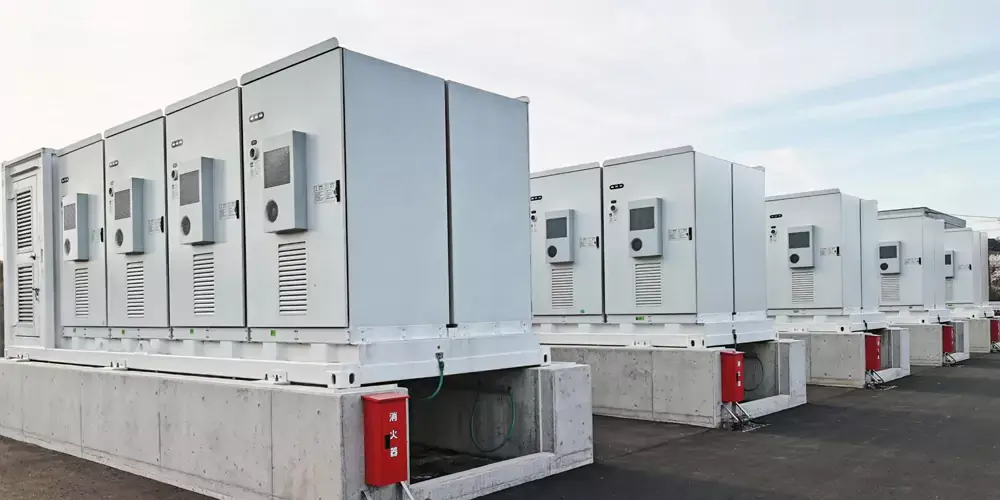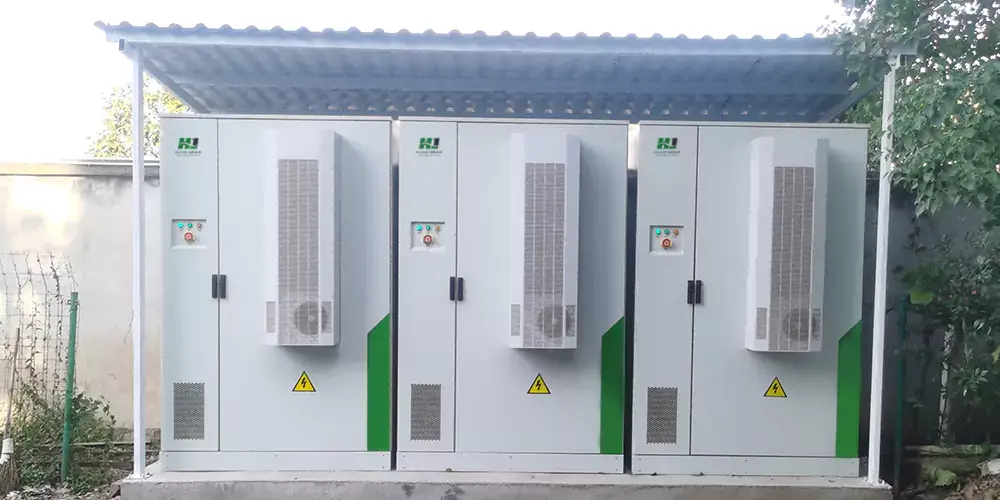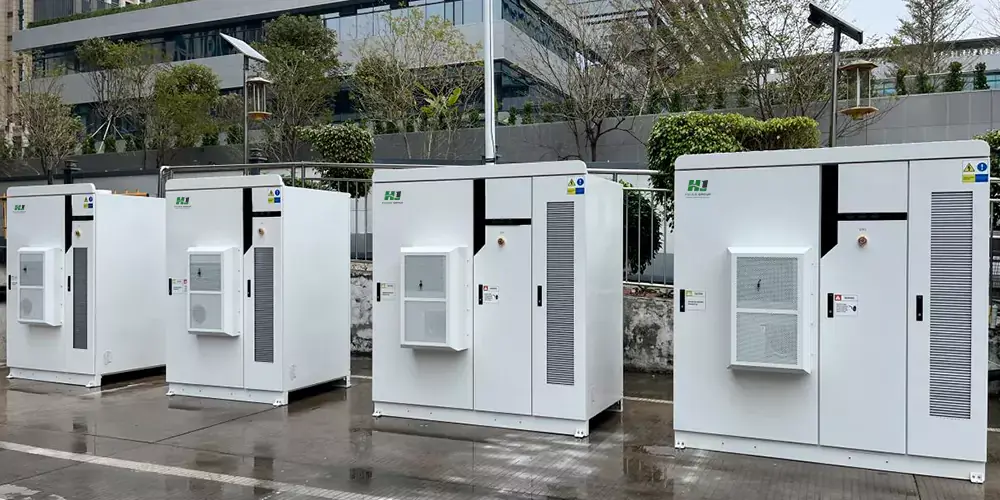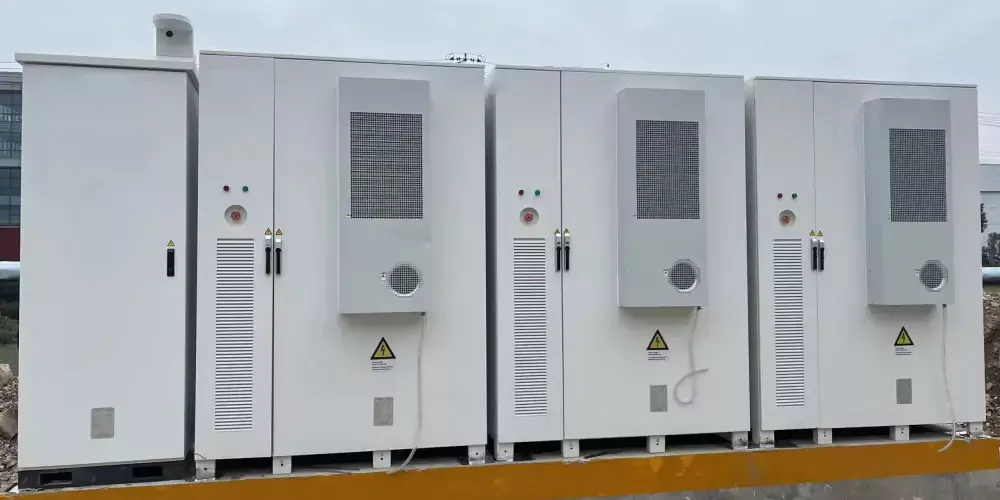Exploring the Best Energy Storage Solutions for Your Home and Business
As our reliance on renewable energy sources grows, the need for effective energy storage solutions becomes increasingly important. Whether you’re a homeowner looking to optimize your solar energy system or a business aiming to manage energy costs and improve efficiency, understanding different energy storage options can help you make informed decisions. In this article, we’ll explore various energy storage solutions, their benefits, and how they can enhance your energy strategy.
What Are Energy Storage Solutions?
Energy storage solutions are technologies designed to store energy for later use. These systems capture excess energy when it’s available, such as during sunny or windy periods, and release it when demand is higher or generation is lower. By effectively managing energy flow, these solutions help balance supply and demand, ensuring a stable and reliable energy supply.
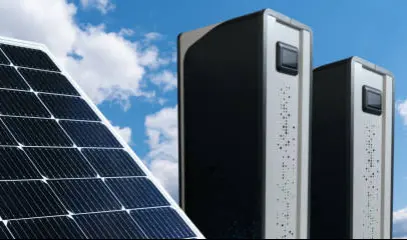
Types of Energy Storage Solutions
There are several types of energy storage solutions, each with unique features and benefits. Here’s a rundown of the most popular options:
1.Battery Storage Systems
Battery storage systems are one of the most common and versatile energy storage solutions. They work by storing energy in chemical form and converting it back into electrical energy when needed. The most popular types of batteries include:
– Lithium-Ion Batteries: Known for their high efficiency, long lifespan, and compact size, lithium-ion batteries are widely used in residential and commercial applications. They’re ideal for storing energy from solar panels and providing backup power during outages.
– Lead-Acid Batteries: These batteries are more affordable but have a shorter lifespan and lower efficiency compared to lithium-ion batteries. They’re often used in off-grid and backup power applications.
– Flow Batteries: Flow batteries store energy in liquid electrolytes and are suitable for large-scale applications. They offer long cycle life and can be scaled up easily, making them ideal for commercial and utility-scale projects.
2.Thermal Energy Storage
Thermal energy storage systems store energy in the form of heat or cold and release it when needed. These systems are particularly useful for managing heating and cooling demands. Common types include:
– Ice Storage: This system creates ice during off-peak hours (when energy is cheaper) and uses it for cooling during peak hours. It’s commonly used in commercial buildings to reduce cooling costs.
– Hot Water Storage: Similar to ice storage, this system heats water using excess energy and stores it for later use. It’s often used in residential and commercial water heating applications.
3.Mechanical Energy Storage
Mechanical energy storage systems store energy using physical processes. They are well-suited for large-scale applications and can provide high power output. Common types include:
– Pumped Hydro Storage: This system involves pumping water to a higher elevation during periods of low demand and releasing it through turbines to generate electricity when demand is high. It’s one of the oldest and most widely used forms of energy storage.
– Flywheel Energy Storage: Flywheels store energy in the form of rotational motion. They can quickly release energy and are used in applications requiring rapid response times.
4.Hydrogen Storage
Hydrogen storage solutions involve using excess energy to produce hydrogen through electrolysis. The hydrogen can be stored and later used in fuel cells to generate electricity. This technology is still developing but holds great potential for large-scale energy storage and transportation.
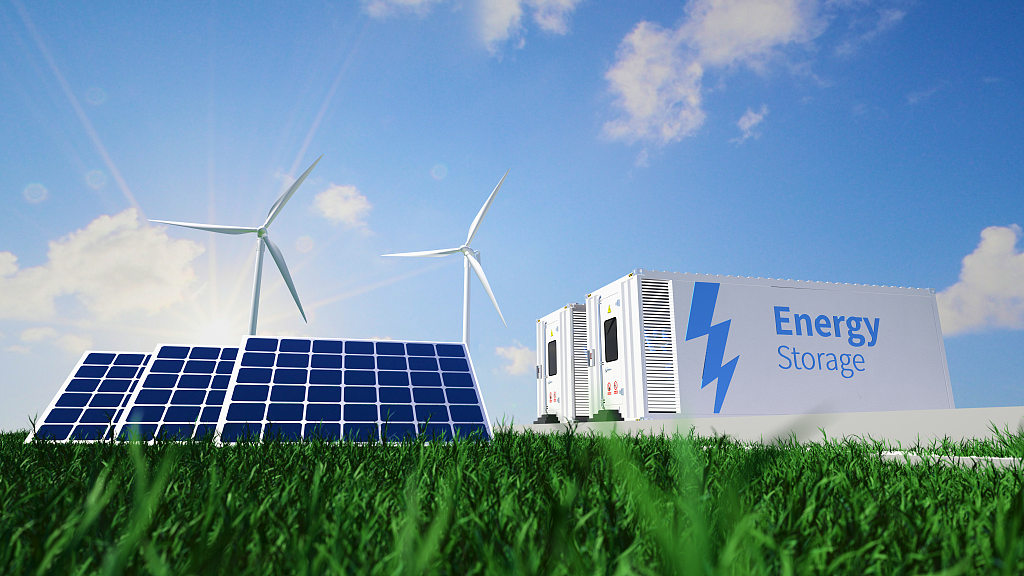
Benefits of Energy Storage Solutions
Energy storage solutions offer numerous advantages, including:
1.Energy Independence:
By storing excess energy, you can reduce reliance on the grid and enjoy greater energy security. This is particularly valuable in areas with unreliable power supply or frequent outages.
2.Cost Savings:
Energy storage allows you to take advantage of lower energy rates during off-peak hours and reduce your energy bills. Additionally, many regions offer incentives and rebates for installing energy storage systems, further lowering costs.
3.Increased Efficiency:
By managing energy flow effectively, storage solutions help optimize the use of renewable energy sources, ensuring that you use the energy you generate rather than letting it go to waste.
4.Environmental Impact:
Storing and using renewable energy reduces your carbon footprint and supports a cleaner, more sustainable energy system. This contributes to a reduction in greenhouse gas emissions and promotes environmental conservation.
5.Grid Stability:
Energy storage solutions help stabilize the grid by balancing supply and demand. This is particularly important as more intermittent renewable energy sources are integrated into the grid.
Choosing the Right Energy Storage Solution
Selecting the right energy storage solution depends on several factors, including your energy needs, budget, and space availability. Here are some tips to help you make an informed choice:
1.Assess Your Energy Needs: Determine how much
energy you need to store and how frequently you’ll need to access it. This will help you choose a storage solution with the appropriate capacity and discharge capabilities.
2.Consider Your Budget:
Energy storage solutions vary in cost. Consider both the initial investment and long-term savings when evaluating your options. Keep in mind that some solutions may qualify for financial incentives or rebates.
3.Evaluate Space Requirements:
Some energy storage systems, such as battery banks or thermal storage tanks, require significant space. Ensure you have adequate space for installation and maintenance.
4.Think About Longevity:
Consider the lifespan and maintenance requirements of the storage solution. Opt for systems that offer long-term reliability and minimal maintenance to maximize your investment.
5.Consult a Professional:
Working with an energy expert or installer can help you assess your specific needs and recommend the most suitable energy storage solution for your home or business.
Conclusion
Energy storage solutions are transforming the way we manage and use energy, providing numerous benefits such as increased independence, cost savings, and environmental impact. By understanding the different types of storage solutions and evaluating your needs, you can make an informed decision that enhances your energy strategy and supports a sustainable future.
Whether you’re looking to optimize your solar energy system, reduce energy costs, or improve grid stability, energy storage solutions offer valuable tools to achieve your goals. Explore your options, consult with experts, and invest in a solution that aligns with your energy needs and priorities. Embrace the future of energy management with the right storage solution for your home or business.
Contact us
- Email:[email protected]
- Tel: +86 13651638099
- Address: 333 Fengcun Road, Fengxian District, Shanghai
Get A Quote Now!


